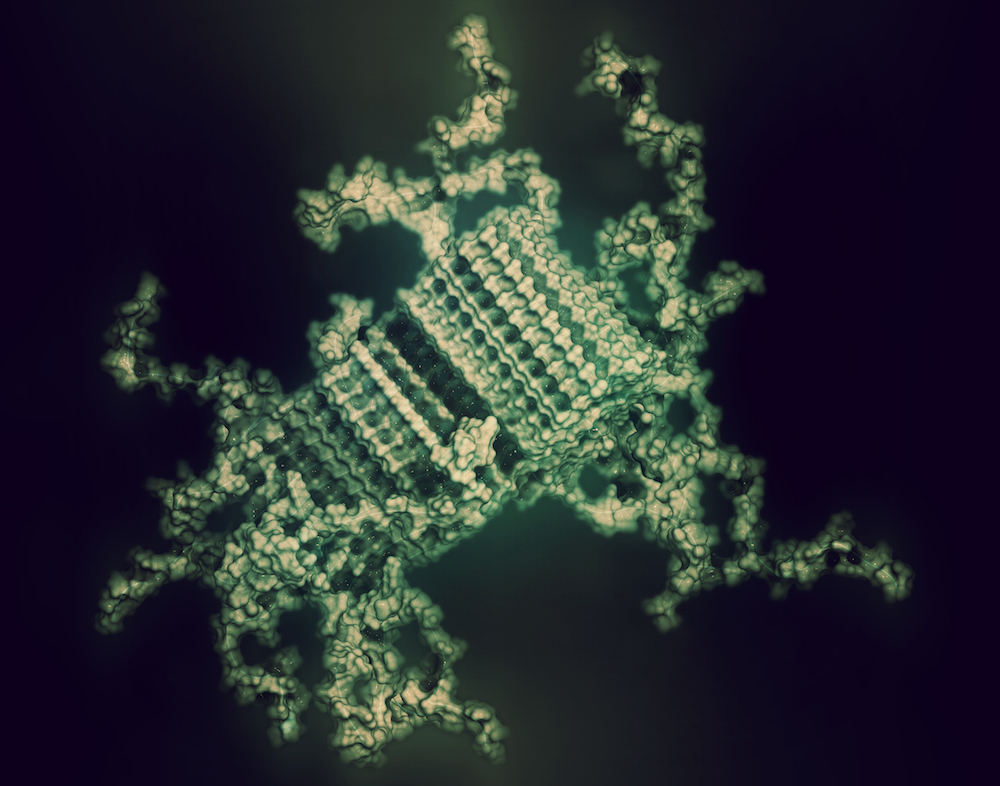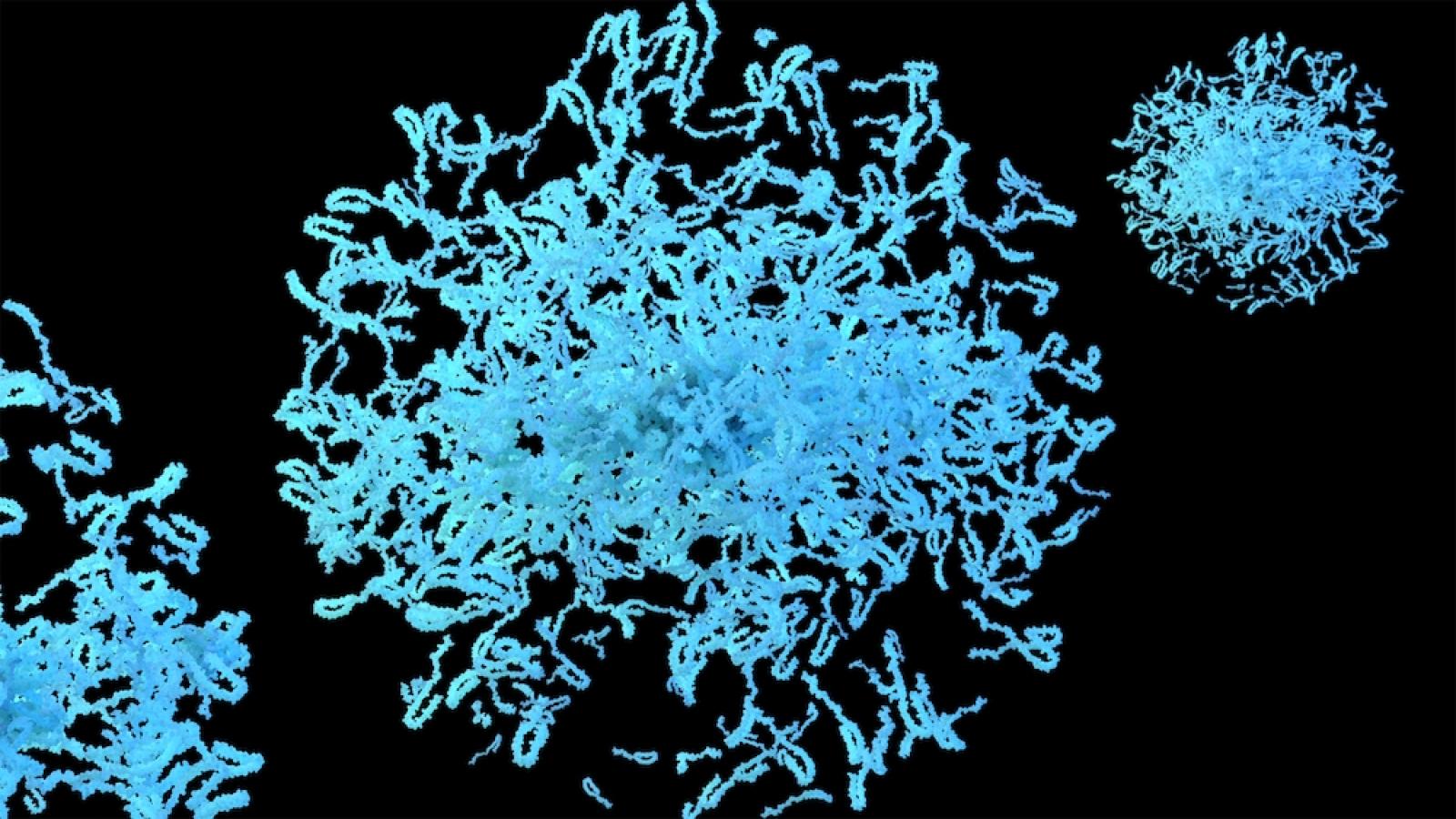Why Parkinson's?
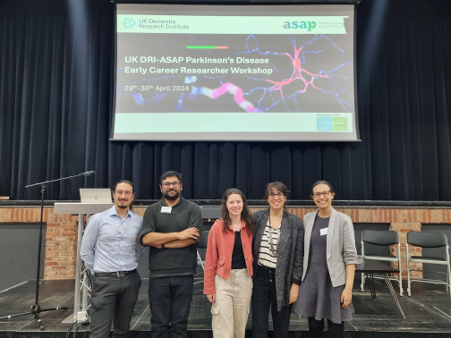
The Parkinson's ECR committee at the UK DRI-ASAP ECR workshop in 2024
Parkinson’s occurs when the brain cells responsible for producing the chemical dopamine stop working properly and are gradually lost. This leads to symptoms such as tremor, slowness of movement, and rigidity. People with Parkinson’s may also experience non-movement related symptoms such as pain, thinking and memory problems, and mental health issues. Each person with Parkinson’s experiences the condition differently. There are some treatments to help manage the symptoms of Parkinson’s, however there are currently none which stop Parkinson’s from progressing.
Researchers at the UK DRI are working on understanding why Parkinson’s starts and how it progresses to identify treatments for the condition. This includes research into many biological processes including genetic factors, communication between brain cells, and understanding more about the build up of a protein called alpha-synuclein which happens in Parkinson’s.
It is important to be able to accurately detect and measure the progression of Parkinson’s so that future treatments can be used more effectively. Therefore, UK DRI researchers are also focusing on finding ways to measure Parkinson’s more accurately and to detect the condition earlier by using blood tests and digital technology.
The aim of the Parkinson’s thematic network is to bring together researchers across the UK DRI and beyond to exchange knowledge and promote collaboration to better understand and develop treatments for Parkinson’s.
Latest news
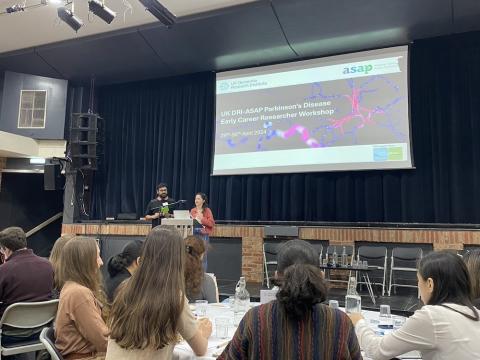
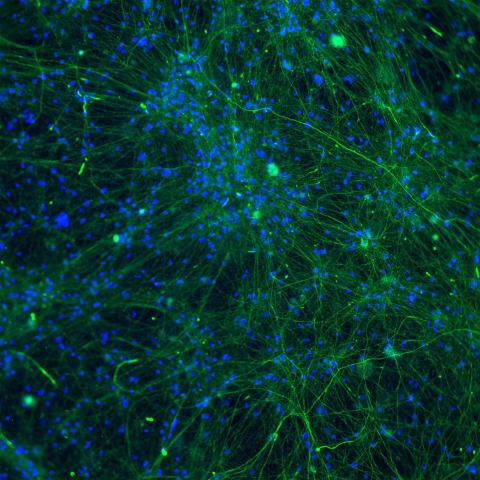
Research
Read more about the research output of the UK DRI Parkinson's thematic network and its members in the 'Research' tab
